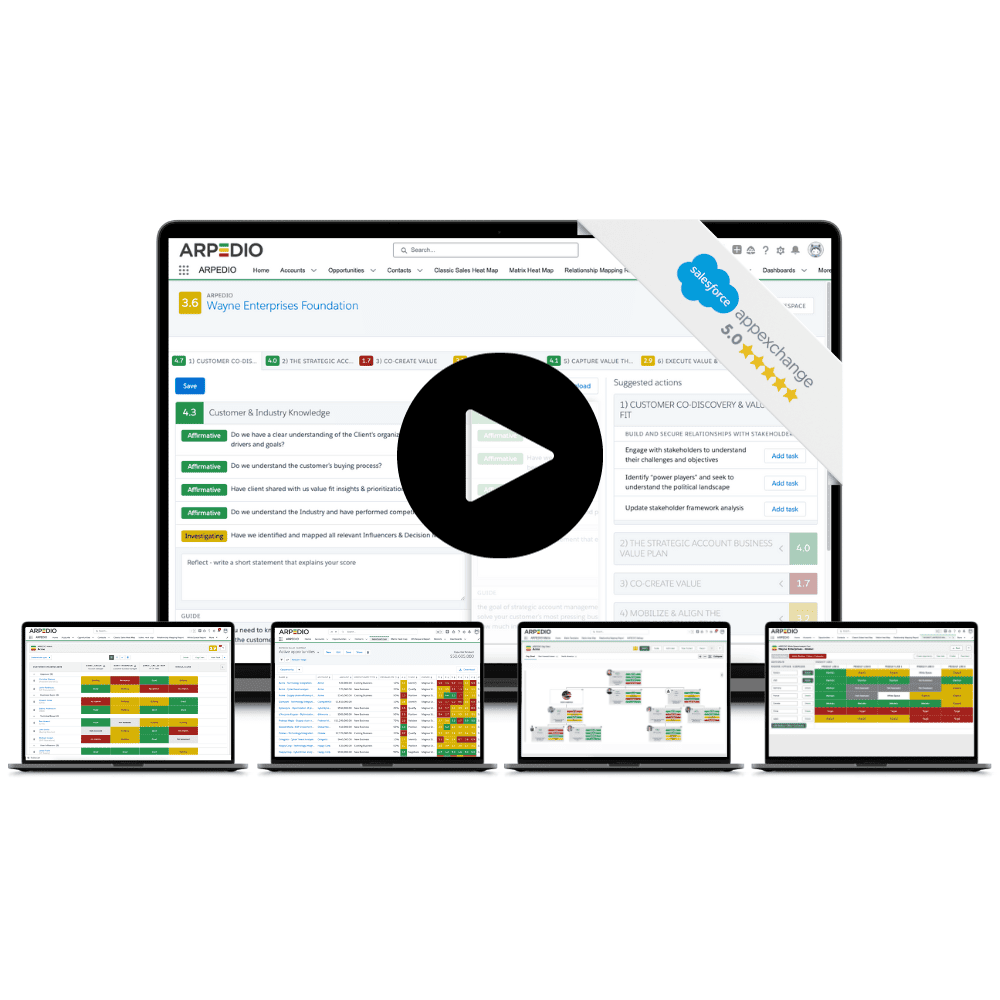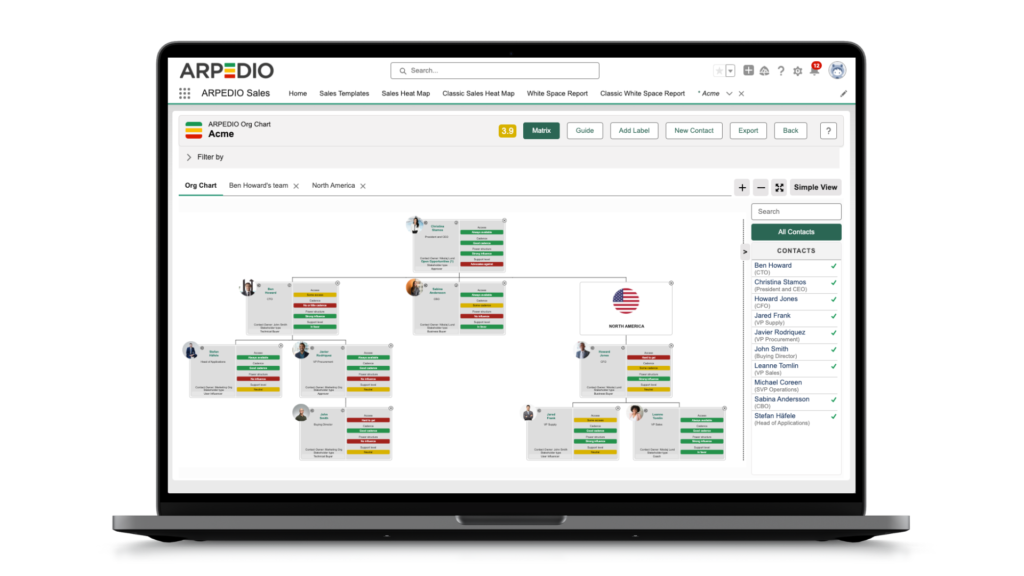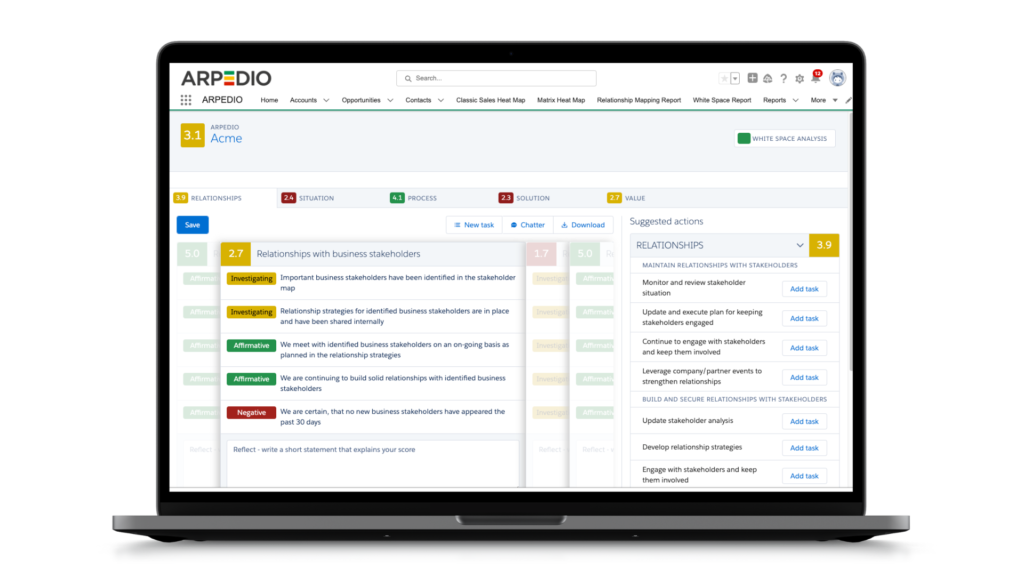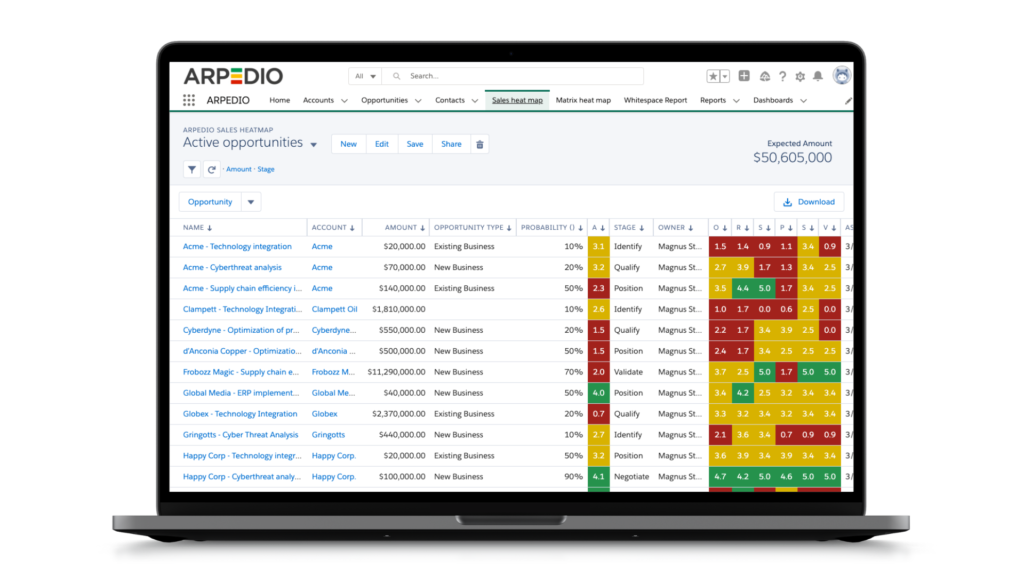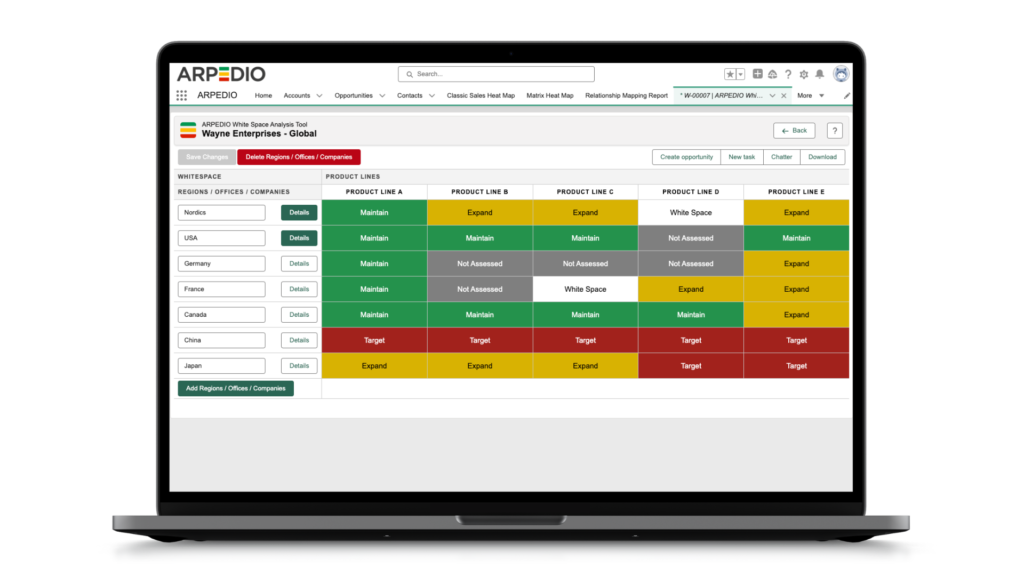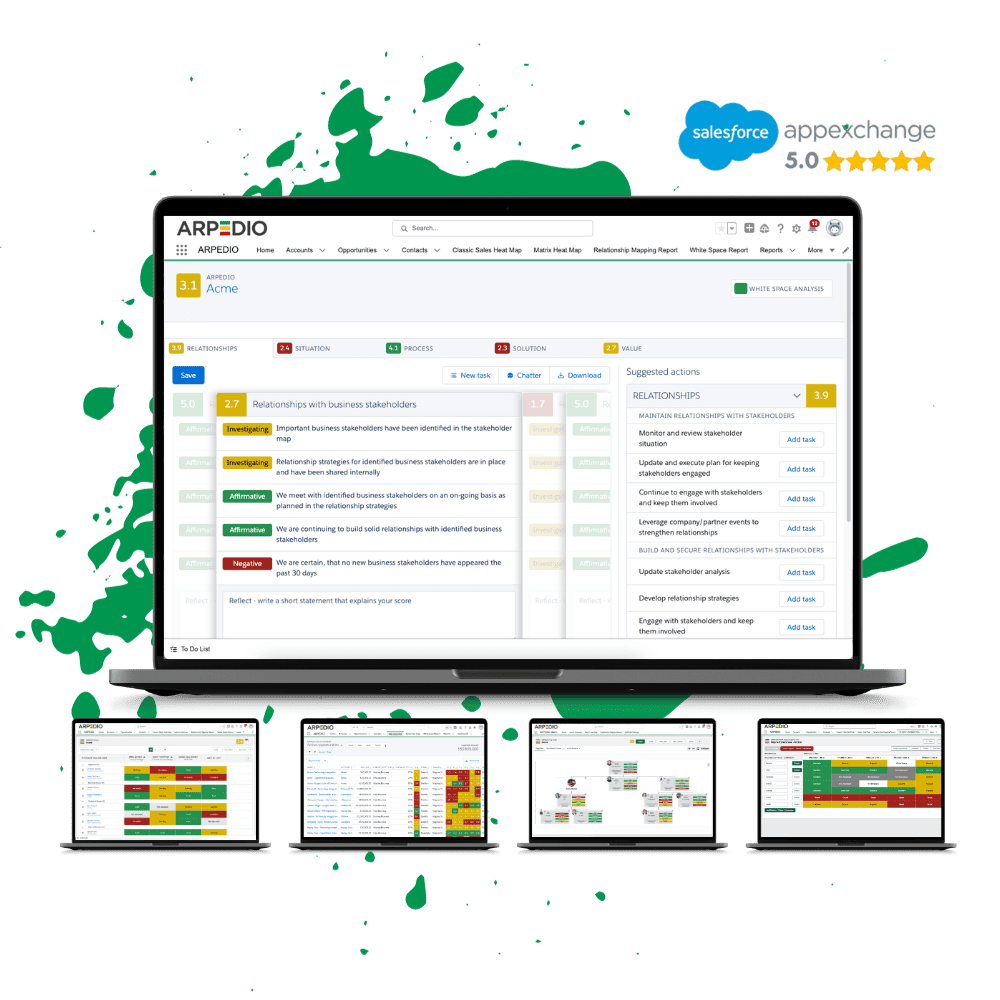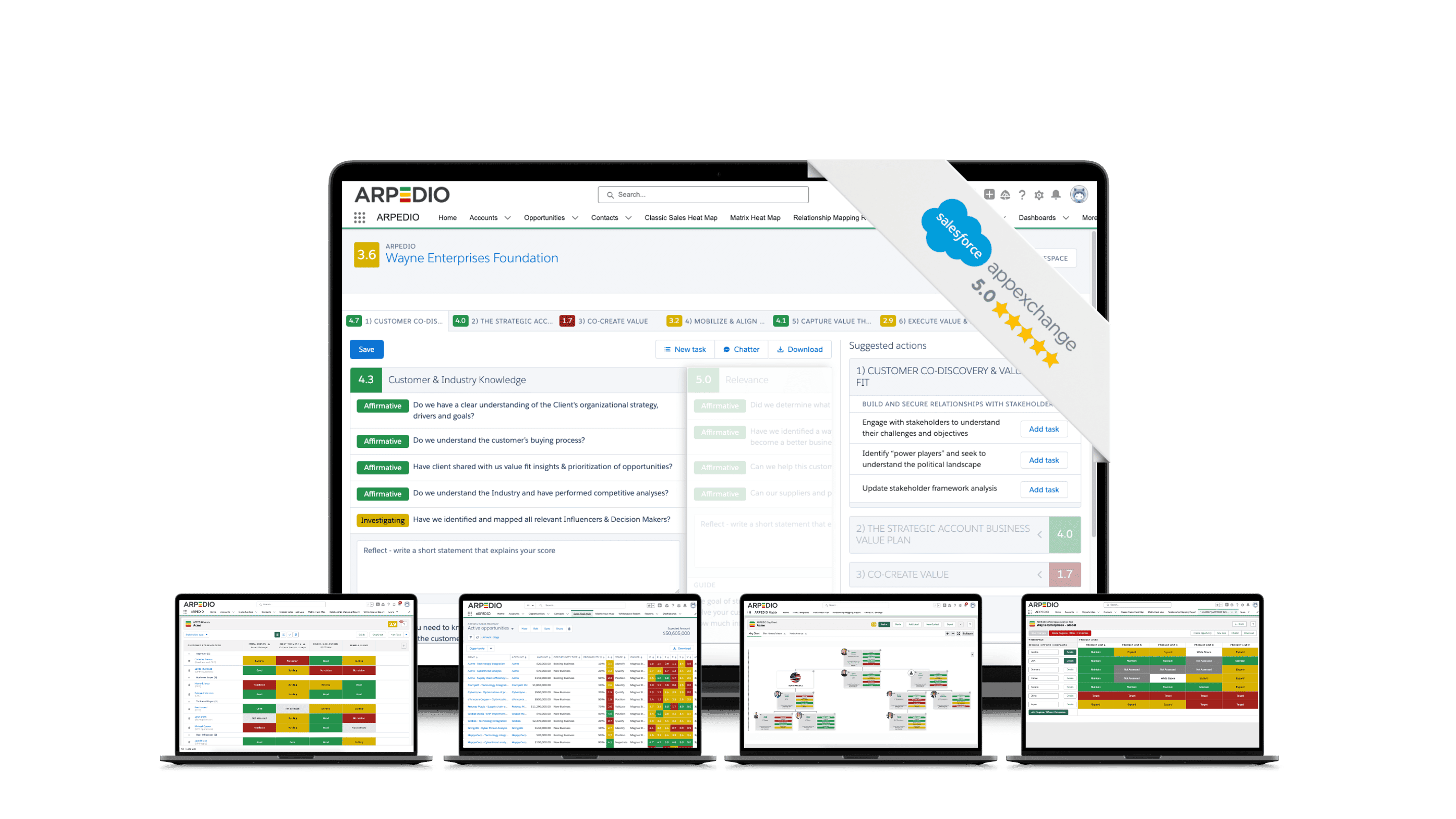In the fast-paced world of sales and marketing, success hinges not only on closing deals but also on the groundwork laid long before a transaction takes place. Enter pre-sales—a fundamental aspect of the customer journey that often goes overlooked but holds immense potential for businesses aiming to drive conversions and foster customer loyalty.
Definition of Pre-Sales
In the realm of business, particularly in sales and marketing, the term “pre-sales” holds significant weight. It encompasses a series of crucial interactions and engagements that occur before a potential customer decides to make a purchase. Pre-sales activities are essentially the groundwork laid by businesses to establish relationships, address customer needs, and ultimately pave the way for successful transactions.
At its core, pre-sales involves a proactive approach to understanding the customer’s journey, preferences, pain points, and aspirations. It’s about initiating meaningful conversations, providing relevant information, and nurturing leads with the aim of guiding them towards a purchasing decision. Pre-sales efforts encompass a wide array of activities, including lead generation, prospecting, product demonstrations, consultations, and relationship-building endeavors.
In essence, pre-sales acts as the bridge between the initial awareness stage and the eventual conversion stage in the buyer’s journey. It sets the stage for a positive customer experience by laying the groundwork for trust, credibility, and value perception. By focusing on the pre-sales phase, businesses can effectively influence and shape the customer’s perception of their products or services, thereby increasing the likelihood of successful conversions.
Importance of Pre-Sales in the Sales Funnel
Within the overarching framework of the sales funnel, pre-sales occupies a pivotal position that cannot be overstated. Traditionally, the sales funnel comprises several stages, starting from awareness and moving through consideration, decision, and ultimately, conversion. Each stage represents a progression in the customer’s journey, with pre-sales serving as the catalyst that propels prospects from one stage to the next.
At the top of the funnel, where awareness is paramount, pre-sales efforts play a crucial role in attracting and capturing the attention of potential customers. Through targeted marketing campaigns, informative content, and compelling messaging, businesses can effectively engage with their target audience and stimulate interest in their offerings.
As prospects move down the funnel towards the consideration stage, pre-sales activities become increasingly focused on educating and informing them about the available solutions. This involves providing detailed product information, addressing common concerns or objections, and offering personalized recommendations tailored to the individual needs of each prospect.
Moreover, pre-sales efforts extend beyond mere persuasion and promotion; they are fundamentally rooted in building trust and establishing rapport with potential customers. By demonstrating a genuine understanding of their needs and challenges, businesses can instill confidence and credibility, laying the groundwork for long-term relationships and repeat business.
Ultimately, the importance of pre-sales in the sales funnel lies in its ability to facilitate seamless transitions between each stage, guiding prospects towards a purchasing decision with clarity, confidence, and conviction. By investing time and resources into pre-sales initiatives, businesses can effectively streamline their sales processes, maximize conversion rates, and foster lasting customer loyalty.
Understanding Pre-Sales
Definition and Scope
Pre-sales is a multifaceted process that encompasses a range of activities undertaken by businesses to engage and nurture potential customers before they make a purchasing decision. It goes beyond traditional sales tactics and focuses on building relationships, providing value, and addressing the specific needs and concerns of prospects. Pre-sales activities occur at various stages of the customer journey, from initial awareness to consideration and beyond, and are aimed at guiding prospects through the sales funnel with care and precision.
The scope of pre-sales extends across multiple channels and touchpoints, including but not limited to online platforms, social media, email communications, and in-person interactions. It involves leveraging data and insights to tailor messaging and offerings to the unique preferences and requirements of individual prospects. Ultimately, the goal of pre-sales is to lay the groundwork for successful conversions by establishing trust, credibility, and rapport with potential customers.
Key Components of Pre-Sales
-
Research and Understanding Customer Needs
At the heart of pre-sales lies a deep understanding of the customer's needs, preferences, and pain points. This necessitates thorough research and analysis to gain insights into the target audience's demographics, behavior patterns, and buying motivations. By identifying common challenges and aspirations shared by their prospects, businesses can tailor their offerings and messaging to resonate with their audience on a deeper level.
Effective pre-sales research involves a combination of quantitative data analysis and qualitative market research techniques. This may include analyzing customer feedback, conducting surveys or focus groups, and monitoring online discussions and social media interactions. By actively listening to their audience and gathering relevant data, businesses can gain valuable insights into the needs and desires driving purchasing decisions, enabling them to craft more targeted and compelling pre-sales strategies. -
Building Trust and Credibility
In today's competitive marketplace, trust is a currency that holds immense value. Building trust and credibility is a foundational aspect of pre-sales, as it lays the groundwork for meaningful relationships and long-term customer loyalty. Trust is earned through consistent and transparent communication, reliable product offerings, and a commitment to delivering value at every touchpoint.
One of the key ways businesses can build trust with potential customers is by demonstrating expertise and authority within their industry or niche. This can be achieved through thought leadership content, case studies, testimonials, and other forms of social proof that showcase the business's track record of success and customer satisfaction. Additionally, businesses can foster trust by being responsive and accessible to their audience, addressing inquiries and concerns promptly, and delivering on promises made during the pre-sales process. -
Providing Value-added Information
In today's information-rich environment, customers are inundated with options and choices at every turn. To stand out from the competition and capture the attention of potential customers, businesses must provide value-added information that goes above and beyond mere product or service specifications. This can take the form of educational content, industry insights, how-to guides, or personalized recommendations tailored to the specific needs of individual prospects.
By providing valuable and relevant information, businesses can position themselves as trusted advisors and go-to resources for their target audience. This not only helps to differentiate their offerings from competitors but also establishes a sense of reciprocity and goodwill with potential customers. When prospects perceive a business as genuinely interested in their success and well-being, they are more likely to reciprocate with their trust and loyalty. -
Creating a Positive Customer Experience
Last but certainly not least, creating a positive customer experience is essential for driving conversions and fostering long-term relationships with customers. Pre-sales activities play a crucial role in shaping the customer experience by setting the tone for interactions and engagements throughout the sales journey. From the moment a prospect first encounters a business's brand to the post-purchase follow-up and beyond, every touchpoint contributes to the overall customer experience.
Businesses can enhance the pre-sales experience by prioritizing responsiveness, personalization, and empathy in their interactions with potential customers. This may involve offering personalized product recommendations based on customer preferences, providing timely and helpful support through various channels, and ensuring a seamless and intuitive purchasing process. By prioritizing the needs and preferences of their audience and delivering exceptional service at every stage of the pre-sales journey, businesses can create positive and memorable experiences that drive conversions and foster lasting customer loyalty.
Benefits of Pre-Sales
Pre-sales isn’t just a preliminary step in the sales process; it’s a strategic approach that offers a multitude of benefits for businesses aiming to drive growth and maximize their revenue potential. Let’s explore some of the key advantages of implementing effective pre-sales strategies:
Increased Conversion Rates
One of the most significant benefits of pre-sales is its ability to boost conversion rates. By engaging with potential customers early in the sales process and guiding them through a personalized journey tailored to their needs and preferences, businesses can significantly increase the likelihood of converting leads into paying customers. Through targeted messaging, value-added content, and proactive relationship-building efforts, pre-sales initiatives create a sense of trust and credibility that lays the groundwork for successful conversions.
Moreover, by addressing objections and concerns upfront and providing solutions that resonate with the customer’s unique pain points, businesses can overcome barriers to purchase and facilitate a smoother transition from consideration to conversion. This proactive approach to sales not only increases the efficiency of the sales process but also leads to higher conversion rates and a more satisfied customer base.
Reduced Sales Cycle Length
Another key advantage of pre-sales is its ability to shorten the sales cycle. By nurturing leads and guiding them through the sales funnel with care and precision, businesses can accelerate the pace at which prospects move from initial awareness to final purchase. Through targeted lead nurturing campaigns, personalized follow-up sequences, and timely interventions, businesses can keep prospects engaged and motivated to take the next step in the buying process.
Moreover, by providing valuable information and resources that address the customer’s needs at each stage of the journey, businesses can streamline the decision-making process and reduce the time it takes for prospects to make a purchasing decision. This not only improves operational efficiency but also enables businesses to capitalize on opportunities more quickly, resulting in a shorter overall sales cycle and faster revenue generation.
Enhanced Customer Satisfaction and Loyalty
Pre-sales isn’t just about driving conversions; it’s about delivering exceptional customer experiences that foster loyalty and advocacy. By focusing on building relationships and providing value throughout the pre-sales journey, businesses can create positive impressions that resonate with customers long after the initial purchase.
Through personalized interactions, proactive support, and ongoing engagement efforts, businesses can demonstrate their commitment to customer success and cultivate a sense of trust and loyalty among their audience. This leads to higher customer satisfaction levels, increased brand loyalty, and a greater likelihood of repeat purchases and referrals.
Moreover, by leveraging pre-sales data and insights to tailor offerings and communications to the specific needs and preferences of individual customers, businesses can further enhance the customer experience and drive long-term loyalty and retention.
Improved Sales Forecasting and Planning
Finally, pre-sales provides businesses with valuable data and insights that can inform more accurate sales forecasting and planning. By tracking and analyzing pre-sales metrics such as lead conversion rates, pipeline velocity, and customer engagement levels, businesses can gain a deeper understanding of their sales performance and identify areas for improvement.
Moreover, by leveraging pre-sales data to anticipate customer needs and preferences, businesses can make more informed decisions about product development, pricing strategies, and marketing campaigns. This enables them to align their resources and investments more effectively, maximize their ROI, and drive sustainable growth over the long term.
In summary, pre-sales offers a wide range of benefits for businesses, from increased conversion rates and reduced sales cycle lengths to enhanced customer satisfaction and loyalty, and improved sales forecasting and planning. By prioritizing pre-sales initiatives and investing in strategies that focus on engaging and nurturing leads, businesses can unlock new opportunities for growth and success in today’s competitive marketplace.
Understanding the Pre-Sales Process
In order to effectively engage and convert potential customers, it is crucial to have a deep understanding of the pre-sales process. This phase plays a vital role in guiding prospects through their customer journey, from initial awareness to the final purchase decision. By utilizing various sales techniques during this stage, businesses can nurture relationships, build trust, and ultimately increase conversion rates.
The customer journey during the pre-sales process consists of several key stages. It begins with the awareness stage, where potential customers become aware of their problem or need. This is followed by the consideration stage, where they actively research and evaluate potential solutions. Finally, in the decision stage, they make their final purchase decision. Understanding each of these stages allows businesses to tailor their sales techniques to effectively address the specific needs and concerns of their potential customers.
Effective Sales Techniques for the Pre-Sales Phase:
- Creating targeted content: Developing informative and relevant content that provides value to potential customers can help establish credibility and generate interest in the offered products or services.
- Building strong relationships: Building rapport and trust with potential customers through personalized interactions and effective communication can significantly enhance the pre-sales experience.
- Addressing objections and concerns: Actively listening to potential customers, addressing their objections, and providing transparent and concise information can instill confidence in the purchasing decision.
- Offering personalized solutions: Tailoring product or service recommendations to individual customer preferences and needs can foster a sense of personalization and increase the likelihood of conversion.
- Utilizing social proof: Sharing testimonials, case studies, and success stories can provide social proof and validate the value and quality of the offered products or services.
By understanding the pre-sales process and implementing effective sales techniques, businesses can optimize their customer journey and improve their chances of converting potential customers into loyal brand advocates.
Developing a Comprehensive Sales Funnel
In order to effectively optimize conversion rates, businesses need to develop a comprehensive sales funnel that incorporates strategic pre-sales activities. The sales funnel is a visual representation of the customer journey, guiding them from the initial awareness stage to making a purchase decision. By implementing tailored pre-sales techniques at each stage of the funnel, businesses can optimize their conversion rates and drive successful outcomes.
Let’s take a closer look at the different stages of a comprehensive sales funnel and how pre-sales strategies can be utilized:
1. Awareness:
At the top of the sales funnel, potential customers become aware of a business or its products/services. At this stage, effective pre-sales techniques involve creating awareness through targeted marketing campaigns, compelling content, and engaging social media presence. By capturing the attention of the target audience, businesses can generate interest and gain valuable leads.
2. Interest:
Once potential customers are aware of a business, the next step is to nurture their interest. Pre-sales activities during this stage include providing detailed product information, addressing customer pain points, and showcasing the unique value proposition. By emphasizing the benefits and advantages, businesses can further engage potential customers and strengthen their interest in the offerings.
3. Evaluation:
During the evaluation stage, potential customers compare different options and evaluate the suitability of the products/services. Building trust and credibility is crucial at this stage. Pre-sales techniques such as providing customer testimonials, case studies, and product demonstrations can help potential customers validate their choices and move closer to making a purchase decision.
4. Decision:
The decision stage is where potential customers make the final choice to purchase. Effective pre-sales activities during this stage focus on overcoming objections, offering incentives, and providing a seamless buying experience. By addressing concerns, providing personalized offers, and ensuring a smooth transition to the sales team, businesses can increase conversion rates and drive successful sales.
By integrating these pre-sales techniques into a comprehensive sales funnel, businesses can streamline the customer journey, optimize conversion rates, and achieve better sales results.
Effective Lead Generation Strategies
During the pre-sales phase, implementing effective lead generation strategies is crucial for ensuring a robust sales pipeline and driving business growth. By leveraging proven techniques such as prospecting, lead nurturing, and sales pipeline management, businesses can enhance their pre-sales efforts and maximize conversion rates.
1. Prospecting
Prospecting involves identifying and targeting potential customers who are likely to have an interest in your product or service. This can be achieved through various means, such as market research, referrals, and networking. By focusing on qualified prospects, you can optimize your lead generation efforts and increase the likelihood of successful conversions.
2. Lead Nurturing
Lead nurturing involves building relationships and engaging with potential customers to guide them through the buyer’s journey. This can be done through personalized communication, providing valuable content, and addressing their pain points. By nurturing leads effectively, businesses can establish trust, showcase their expertise, and move prospects further down the sales funnel.
3. Sales Pipeline Management
Managing the sales pipeline ensures that leads are effectively tracked and progressed through each stage of the buying process. This involves carefully monitoring and analyzing key metrics such as conversion rates, deal velocity, and customer engagement. By closely managing the sales pipeline, businesses can identify bottlenecks, optimize workflows, and continuously improve their lead generation strategies.
To implement these lead generation strategies effectively, businesses should leverage sales techniques that align with the pre-sales phase. By combining a proactive approach to prospecting, personalized lead nurturing efforts, and strategic sales pipeline management, businesses can maximize their success in converting potential customers into loyal clients.
Leveraging Sales Enablement Tools
In today’s competitive business landscape, pre-sales activities play a crucial role in driving successful conversions and optimizing overall sales performance. To enhance these efforts, leveraging sales enablement tools, such as ARPEDIO, has become imperative. These tools offer advanced functionalities that empower sales teams with the necessary resources, insights, and automation capabilities to streamline their workflow, improve sales techniques, and ultimately drive conversion rate optimization.
An array of sales enablement tools exist in the market, each catering to different aspects of the pre-sales process. These tools encompass a wide range of functionalities, including but not limited to:
- Content Management: Sales enablement tools provide centralized content management systems, streamlining the organization, storage, and distribution of relevant marketing collateral, product documentation, and sales presentations. By ensuring easy access to valuable content, sales teams can effectively engage potential customers throughout the pre-sales journey.
- CRM Integration: Integration with customer relationship management (CRM) systems, such as Salesforce, allows for seamless data exchange, ensuring that all customer interactions, lead information, and progress are captured and tracked effectively. Sales teams can leverage these insights to personalize their engagements, address customer pain points, and improve conversion rates.
- Sales Training and Onboarding: Sales enablement tools often feature comprehensive training modules, empowering sales representatives with the necessary knowledge and skills to communicate the value proposition effectively. These tools offer training materials, quizzes, and interactive modules to reinforce learning and ensure consistent sales techniques across the team.
- Analytics and Reporting: Sales enablement tools provide advanced analytics and reporting capabilities, enabling sales managers and teams to track key performance indicators, monitor conversion rates, and identify opportunities for improvement. By analyzing data-driven insights, pre-sales strategies can be refined to optimize conversion rates and enhance overall sales effectiveness.
Implementing sales enablement tools in the pre-sales phase can have a significant impact on conversion rates and sales team productivity. These tools provide a centralized hub for all pre-sales activities, allowing teams to collaborate seamlessly, access valuable resources, and leverage data analytics to make informed decisions. By enhancing sales techniques and improving efficiency, organizations can maximize their pre-sales efforts, capture leads, and drive successful conversions.
Personalizing the Pre-Sales Experience
When it comes to pre-sales, one size does not fit all. Personalizing the customer experience is a powerful technique that can significantly impact engagement, trust, and ultimately, conversion rates. By tailoring strategies to individual customer needs, businesses can create a more meaningful and relevant pre-sales journey.
Personalization starts by understanding the customer journey. By analyzing customer data and behavior, businesses can gain valuable insights into their preferences and pain points. This allows for the development of targeted sales techniques that address these specific needs, building a stronger connection with potential customers.
One effective way to personalize the pre-sales experience is through personalized content. By creating tailored content that resonates with each customer segment, businesses can capture attention and provide valuable information that addresses their concerns. This helps to establish credibility and build trust, increasing the likelihood of conversion.
Another way to personalize the pre-sales experience is by leveraging customer data to provide personalized recommendations. By understanding a customer’s preferences and past interactions, businesses can offer relevant products or services, making the customer feel seen and understood. This level of personalization enhances the customer experience and increases the chances of conversion.
Furthermore, personalizing the pre-sales experience involves effective communication. By engaging in personalized conversations and tailored follow-ups, businesses can establish a more meaningful connection with potential customers. This allows for deeper engagement, addressing any concerns or objections, and nurturing the customer towards conversion.
Ultimately, personalizing the pre-sales experience is an essential aspect of conversion rate optimization. By recognizing the unique needs and preferences of individual customers, businesses can tailor their strategies to create a more impactful and relevant pre-sales journey. Through personalized content, recommendations, and communication, businesses can increase engagement and build trust, leading to higher conversion rates and long-term customer loyalty.
Nurturing Relationships with Potential Customers
In the pre-sales phase, building strong relationships with potential customers is crucial for converting leads into loyal clients. Effective communication and timely follow-up strategies play a significant role in nurturing these relationships and building trust. By fostering meaningful connections, businesses can enhance their customer journey, optimize lead generation, and improve overall sales performance.
Techniques for Nurturing Relationships
Implementing certain techniques can help pre-sales teams cultivate relationships with potential customers:
- Active Listening: Taking the time to truly understand a potential customer’s needs and preferences demonstrates attentiveness and establishes a strong foundation for building a lasting relationship.
- Personalization: Tailoring communications and interactions to individual customers creates a sense of being valued and appreciated. Personalization can include addressing customers by name, customizing product recommendations based on their interests, and providing relevant content.
- Consistent Follow-up: Regular and consistent follow-up is essential to stay engaged with potential customers throughout their journey. This can involve timely response to queries, providing additional information, and offering valuable insights to keep them informed.
- Building Rapport: Investing time and effort in building rapport can help establish a genuine connection. This can be achieved through personalized greetings, friendly and professional conversations, and finding common ground to create a sense of familiarity.
- Offering Solutions: Demonstrating how a product or service can solve a potential customer’s pain points showcases a commitment to their success. Offering tailored solutions and addressing specific challenges they face builds trust and strengthens the relationship.
By incorporating these techniques into the pre-sales process, businesses can create a positive customer experience, increase the likelihood of successful conversions, and foster long-term customer loyalty.
Tracking and Analyzing Pre-Sales Performance
In order to maximize the effectiveness of pre-sales strategies and optimize conversion rates, it is crucial to track and analyze the performance of your pre-sales activities. By monitoring key metrics and utilizing specialized tools, you can gain valuable insights into the effectiveness of your sales techniques and identify areas for improvement.
Key Metrics for Tracking Pre-Sales Performance
There are several key metrics that can provide valuable insights into the performance of your pre-sales strategies:
- The number of leads generated: This metric measures the effectiveness of your lead generation efforts and provides an indication of the potential customer interest in your products or services.
- Lead conversion rate: This metric measures the percentage of leads that successfully convert into paying customers. Tracking this metric allows you to assess the effectiveness of your sales techniques and identify any bottlenecks in the conversion process.
- Pre-sales engagement rate: This metric measures the level of engagement your potential customers have with your pre-sales activities, such as email opens, website visits, or webinar attendance. Monitoring this metric helps you gauge the effectiveness of your communication and engagement strategies.
- Sales pipeline velocity: This metric measures the speed at which leads progress through the sales pipeline. Tracking the pipeline velocity allows you to identify potential roadblocks and streamline the pre-sales process for better conversion rates.
Utilizing Tools for Pre-Sales Performance Analysis
There are various tools available that can aid in the tracking and analysis of pre-sales performance:
- CRM systems & Account-Based Selling Platforms: Customer Relationship Management (CRM) software and Account-Based Selling tools can help you track and manage your leads, providing valuable data on lead sources, engagement levels, and conversion rates.
- Email marketing platforms: These platforms allow you to track metrics such as email open rates, click-through rates, and conversion rates. By monitoring these metrics, you can evaluate the performance of your email campaigns and make data-driven improvements.
By utilizing these metrics and tools, you can gather data-driven insights that will enable you to make informed decisions regarding your pre-sales strategies. Continuously tracking and analyzing pre-sales performance empowers you to optimize your sales techniques, improve conversion rates, and drive the success of your sales pipeline.
Implementing Continuous Improvement Strategies
In order to stay ahead in today’s competitive marketplace, it is crucial for businesses to continuously optimize their pre-sales strategies. By constantly evaluating performance, identifying areas of improvement, and implementing changes, organizations can enhance their sales effectiveness and achieve higher conversion rates.
One of the key aspects of implementing continuous improvement strategies is to regularly assess the performance of pre-sales activities. By tracking and analyzing metrics such as lead generation, conversion rates, and sales pipeline efficiency, businesses can gain valuable insights into the effectiveness of their sales strategy. This data-driven approach enables organizations to identify strengths, weaknesses, and opportunities for improvement, leading to informed decisions and strategic adjustments.
With a clear understanding of performance metrics, businesses can focus on identifying areas where improvements can be made. This may involve refining sales techniques, optimizing lead generation strategies, or streamlining the sales pipeline. By leveraging data and insights, organizations can identify potential bottlenecks or inconsistencies in the pre-sales process and implement targeted improvements to overcome these challenges.
An important element of continuous improvement is the willingness to adapt and evolve. As customer preferences and market dynamics change, businesses must be agile enough to adjust their pre-sales strategies accordingly. This may involve adopting new technologies, exploring innovative sales techniques, or personalizing the pre-sales experience for maximum impact. By staying proactive and responsive to market trends, businesses can continually refine their sales strategies to meet the evolving needs of their target audience.
Implementing continuous improvement strategies in pre-sales requires a culture of learning and innovation within the organization. By fostering an environment that encourages feedback, experimentation, and collaboration, businesses can create a dynamic sales team that is constantly striving for excellence. This iterative approach to pre-sales optimization not only enhances conversion rates but also drives continuous growth and success for the organization.
In summary, continuous improvement is a vital component of effective pre-sales strategies. By regularly assessing performance, identifying areas of improvement, and implementing changes, businesses can enhance their sales effectiveness, optimize conversion rates, and achieve sustainable growth. The iterative nature of continuous improvement ensures that pre-sales strategies remain aligned with market demands, providing organizations with a competitive edge in the ever-evolving business landscape.
Conclusion
In today’s highly competitive business landscape, effective pre-sales strategies have become paramount for maximizing success and driving robust business growth. Throughout this article, we have explored the various aspects of pre-sales, highlighting its importance in lead generation and conversion rate optimization.
By understanding the pre-sales process and implementing comprehensive sales funnels, businesses can engage and convert potential customers more efficiently. Utilizing effective lead generation strategies and leveraging sales enablement tools can further enhance pre-sales activities and improve overall conversion rates.
Additionally, personalizing the pre-sales experience and nurturing relationships with potential customers contribute significantly to building trust and increasing engagement. Tracking and analyzing pre-sales performance metrics enable businesses to identify areas for improvement and implement continuous enhancement strategies.
In conclusion, successful businesses are those that recognize the critical role of effective pre-sales strategies in driving sales effectiveness. By implementing tailored pre-sales techniques and optimizing conversion rates, businesses can unlock new levels of success, ensuring sustainable growth in today’s competitive marketplace.

